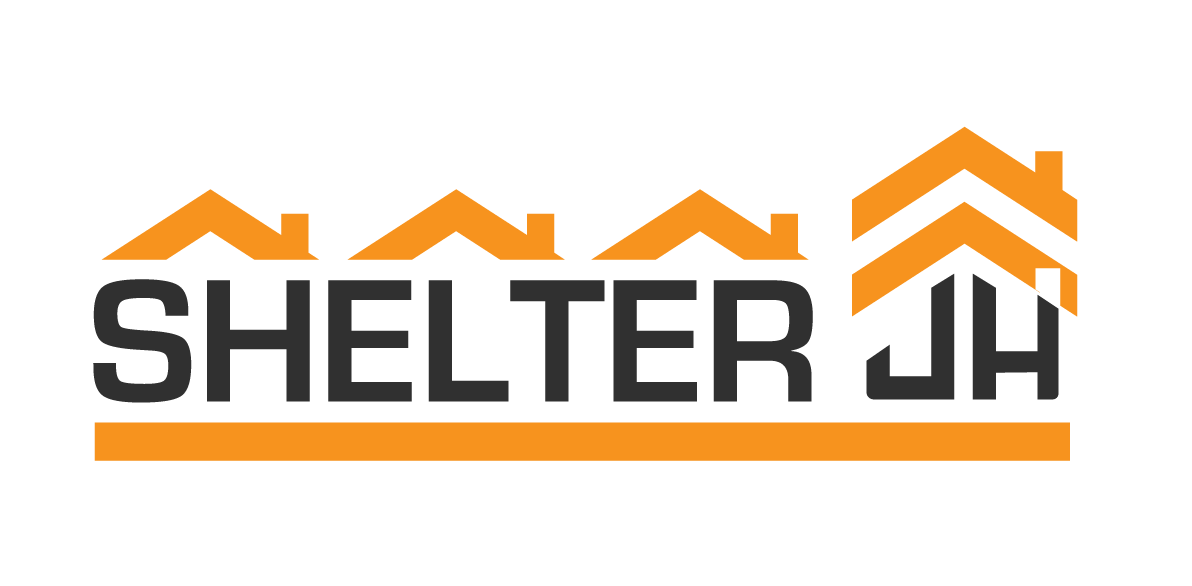Here are the main areas we recommend:
Notice requirements
The Town could pass an ordinance establishing a minimum of 30 days (for monthly lease) or 60 days (on a longer lease) notice before (1) no-cause eviction, (2) non-renewal of lease, (3) rent increase.
Habitability and repairs
The Town could pass an ordinance that requires landlords to (1) maintain a minimum standard of habitability (including heat and appliances like stoves and refrigerators, beyond the plumbing, electricity and running water standard required by the state), and (2) make repairs to property as needed to keep premises in condition in which they were rented, other than to repair damage caused by tenant. The Town could then create an inspection program, similar to how HUD requires habitability inspections for units rented with federal funding. The Town could also establish a small fund to support landlords in making these repairs (see below). State law already covers basic health and safety. Our hope in raising this issue is to consider also covering repairs to major essential appliances, such as refrigerators and stoves, because that is not currently covered under state law.
Good landlord incentive program
The Town could set up a low- or no-interest loan fund for landlords who want to make the required repairs to their homes – as is done in many other communities. This will prevent the negative effect where some landlords may decide it’s too expensive to make the repairs, and instead they’ll stop renting places long-term to our workers. A loan fund will provide an incentive to make needed repairs. If you want to be sure that public funds have clear public benefit, you could include a requirement that landlords accessing these funds promise to rent at an affordable rate until the loan is paid back, or open to fund only to landlords who use a lease that includes all these tenant protections. Existing funds designated for affordable housing could be designated to support the preservation of existing affordable housing stock through a repair fund.
Fair Housing / Non-discrimination
The Town could pass an ordinance that prohibits discrimination against tenants, or potential tenants, in addition to existing federal Fair Housing protections. This ordinance would protect people based on immigration status and sexual orientation – two areas that are not protected by federal laws. The federal Fair Housing Act includes seven protected classes: race, color, religion, national origin, sex, disability and familial status. Two important additional classes for protection are left out: sexual orientation and immigration status. These classes are not protected under federal law; they could be under local law. Town council could include sexual orientation and immigration status as protected classes in our municipality, and make it illegal to discriminate when it comes to housing, based on these categories.
Non-retaliation
The Town could pass an ordinance stating that landlords may not retaliate against tenants who exercise their other rights. Fair Housing laws only cover non-retaliation when landlords retaliate against tenants for standing up for their rights under the federal Fair Housing Act. So it doesn’t cover retaliation against tenants for fighting discrimination that isn’t covered by federal law (see above), or for anything else like safety issues, repairs, insufficient notice, etc. Town Council could add non-retaliation for situations not covered by the Fair Housing Act.
Lease content and renewal
The Housing Department could provide a “standard lease” that includes all of the rights as outlined in the other sections here, to ensure that leases are in compliance.
Rent increase cap, a.k.a. rent stabilization
The Town could pass an ordinance preventing egregious rent increases. This is not “rent control,” but simply a limit on how much landlords can raise rent in a year. We recommend working with stakeholders including landlords, tenants, business owners and housing advocates to determine the appropriate percentage – for example, we know 20% or 40% are too much, but perhaps 3% or 5% or something similar, tied to inflation, would be acceptable.


